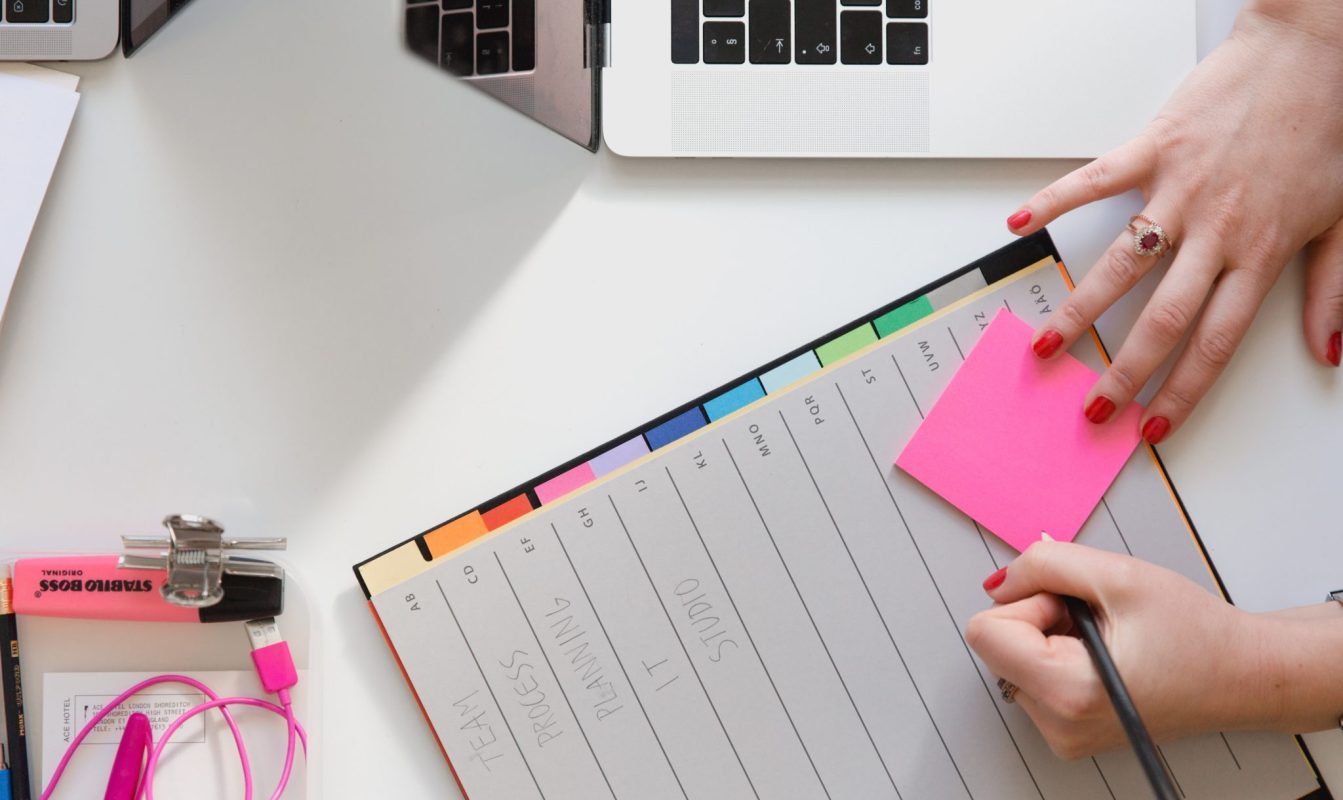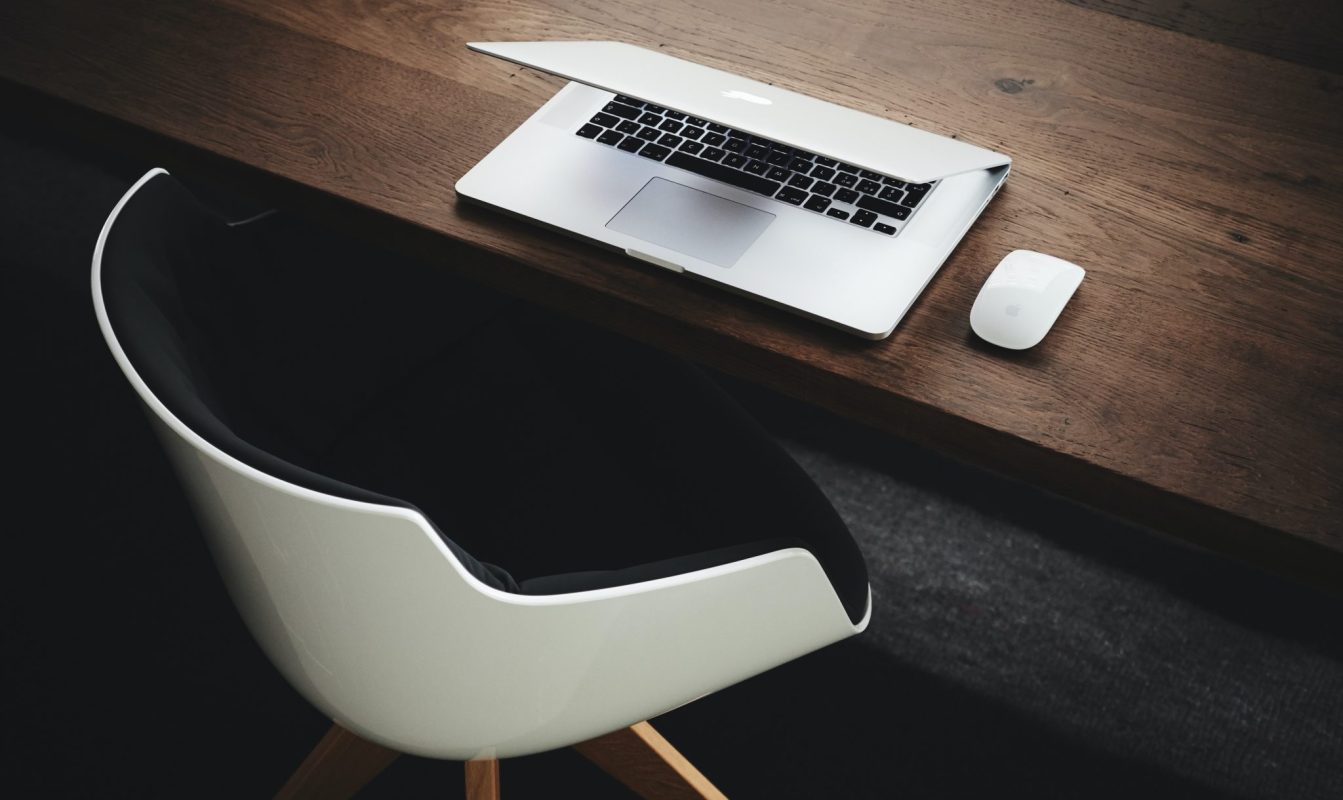
To say that it’s been one emotionally challenging year and a half for us is an understatement.
One of the silver linings that came out of this pandemic is our increased vulnerability, teaching us to extend empathy for one another, both in terms of our physical circumstances and mental wellbeing. We’ve grown more aware and accommodating to those who need support to cope with the toll the pandemic had on them.
Fortunately, following the several waves of lockdowns worldwide, we’re now returning to a new sense of normal with this endemic. We’ve craved more connections, constantly on the hunt for new content and so on.
From a marketer’s perspective, things are no different! Apart from dealing with content 24/7, both for work and personal use, we share everyday anxieties too. Let’s just say it can be overwhelming, to say the least.
With everything we do taking place online, whether to browse, connect, shop or consume, there’s little escape from the online world. On top of that, we juggle responsibilities whilst working from home, finding that work-life balance. Pair these with the pandemic; it could lead to mental and physical exhaustion. That’s why we must protect our mental health. With that, we’ve put together some helpful tips that we’ve tried, tested and practised to preserve your mental health, especially if you’re working in marketing!
When it comes to working, it always helps to know what’s on your plate. Giving yourself time to regularly assess your to-do list can help you actively prioritise what needs to be done and remove the non-urgent or essential things.
Try to spend some time at the beginning of each week to review your to-do list, prioritise the work and gauge what is manageable for you that week. This way, you can confidently know what’s achievable in any given workweek, call for backup if needed, and avoid burnout!
Plus, you can better-set expectations and boundaries with your supervisor and your teams once you do. When things become too overwhelming, it’s a sign to review the pressing items that can be quickly cleared first to ease the workload burden.

Along with the 4 1/2 billion social media users worldwide, we spend an average of about 2 1/2 hours per day using social media. Another statistic shows that worldwide, the average person spends 6 hours and 55 minutes looking at a screen each day (and this is for internet-related activities). That’s many hours in our day dedicated to staring at a screen and browsing through content online!
As a digital marketer, those numbers can easily be doubled. If you know that too much social media intake might affect your mental health, here are ways to limit your screen time.
Nowadays, with your phone, you can easily set an app limit using the settings in built-in your phone. This iOS 12 and above feature allows you to monitor and track your usage and screen time on your phone and different apps. You can choose to limit the amount of time you spend on social media apps like Facebook, Instagram and TikTok or other apps that you use to browse content like Flipboard or other news apps.
Do you work mostly on your desktop, such as managing your Google Ads and website traffic?
The best way to regulate your stress from excessive work on screens is to get up and move every now and then. You can set reminders to close your laptop, put down your phone and take a short break when the work becomes overwhelming. There’s a productivity technique that people use that’s called the Pomodoro Technique, which helps users schedule periods into work time and break time. The idea is to take regular small breaks to keep you more productive. Apart from reminding you to take work breaks for productivity’s sake, I find that it can be a valuable tool to avoid immediate work stress, feelings of burnout and regulate your mental toll.
If you find yourself being overwhelmed by social media and content online, these reminders can be the friendly nudge you need to step away from your desk, get a glass of water or just take a break from the screen.

The most important thing when it comes to working as a marketer, is to set work-life boundaries. After all, it’s so easy to fall into the black hole of constant scrolling. Having the discipline to put your phone down and turn off your notifications will help protect your mental energy and give you time to rest.
Another alternative to limiting screen times is to switch out your screen time for some relaxing activities instead! For me, that’s spending time with my family or maybe reading a book before bed. Some people may opt to meditate, listen to music or decide that being outdoors in nature helps them relax. Whatever helps you unwind, do it!
This brings me to my third tip, the need to prioritise self-care. Self-care is an activity that we deliberately do to take care of our physical, mental and emotional health. That means that when we are refuelled and taken care of, we can do our job, help and care for others, and accomplish our to-do’s in a day. However, self-care is not synonymous with self-indulgence or being selfish. As psychologist Agnes Wainman explained, self-care is something that refuels us rather than takes from us.
One piece of advice I’ve received is to stop multitasking on tech during my lunch break. So that means I detach myself from my social feeds and online content to be present with my colleagues over a good meal.
Here are a few simple self-care ideas to try this week:
Be intentional about setting some time aside to focus on activities or hobbies you enjoy doing! It could be in the form of exercise, hanging out with friends, playing with your pets or catching up on some good ole sleep. Research shows that those who feel time-poor experience lower levels of happiness and higher anxiety, depression and stress.
My personal favourite is making time in the week to be active, and lately, it’s in the form of going bouldering with my buddies.

Here’s a non-exhaustive list of things you can do that are healthy habits worth cultivating:
If you’re already experiencing burnout or feel like you’re mentally exhausted, take a break because you need it! As much as I wish I could function as an autonomous robot, admittedly, I’m still human. Take some time off, especially if you feel like you have no motivation, are unable to concentrate, and feel unfulfilled and anxious. These are just a few of the signs that you need some time off to recharge.
There’s an old saying that goes, “You can’t pour from an empty cup. Take care of yourself so you can take care of others.”. I like that saying because it applies to everything, no matter what role you have to play in your company, family and friend circles. Taking time off can be hard to do sometimes when we’re very committed to our work or experience feelings of unworthiness. However, it can be vital in getting back on our feet through resetting our minds and gaining a solid work-life balance.
Thankfully, with the advent of marketing tools, you can schedule posts ahead of time! You can also turn to a colleague for help to post Stories or monitor enquiries whilst you’re away so that you can take a full break.
While there is more awareness surrounding mental health in the workplace, many of us still struggle to get the help we need when we need it. We might fear discrimination and feelings of shame for telling our colleagues about our mental health struggles.
Though it may be hard to start, talking about it does help. There’s the perception that talking about feelings is a sign of weakness when in reality, it’s part of taking responsibility to do what you can to stay healthy!
If you have colleagues whom you can talk to in confidence or a manager who checks on your wellbeing during supervision sessions, that would be a great avenue of support. The more people open up to talk about mental health issues, the more they might encourage others to follow suit.
If you don’t feel you can talk about it at work, make sure to talk about work pressures with your friends or family!
No one wants to experience burnout, and no one wants to see a teammate go through it, so it’s crucial to catch the signs early and start looking after yourself more.
Even if you’re feeling fine, raising awareness about mental health is essential for reducing the stigma in the workplace. If you can, check-in on your colleagues to ask how they are doing, you never know what happens behind closed doors.
Here are some physical and mental signs and symptoms to look out for in yourself and your colleagues:
These are just a few tips that you can use to help protect your mental health or seek help if you’re already experiencing it. So here’s to not being afraid to ask for help we need, practising self-care, and reminding ourselves to slow down and rest. Remember, no job is more important than your own mental health.
If you’re in Malaysia:
Contact the 24/7 Befrienders Suicide Prevention Hotline at +603 7627 2929

Medianetic Sdn Bhd
200301016995 (619415-K)
No. 59, 2nd Floor, Block E, Zenith Corporate Park, Jalan SS7/26 Kelana Jaya, 47301 Petaling Jaya, Selangor
hello@medianetic.me
+603 7960 3088 (Office)
Medianetic Sdn Bhd © 2023
Made by Medianetic